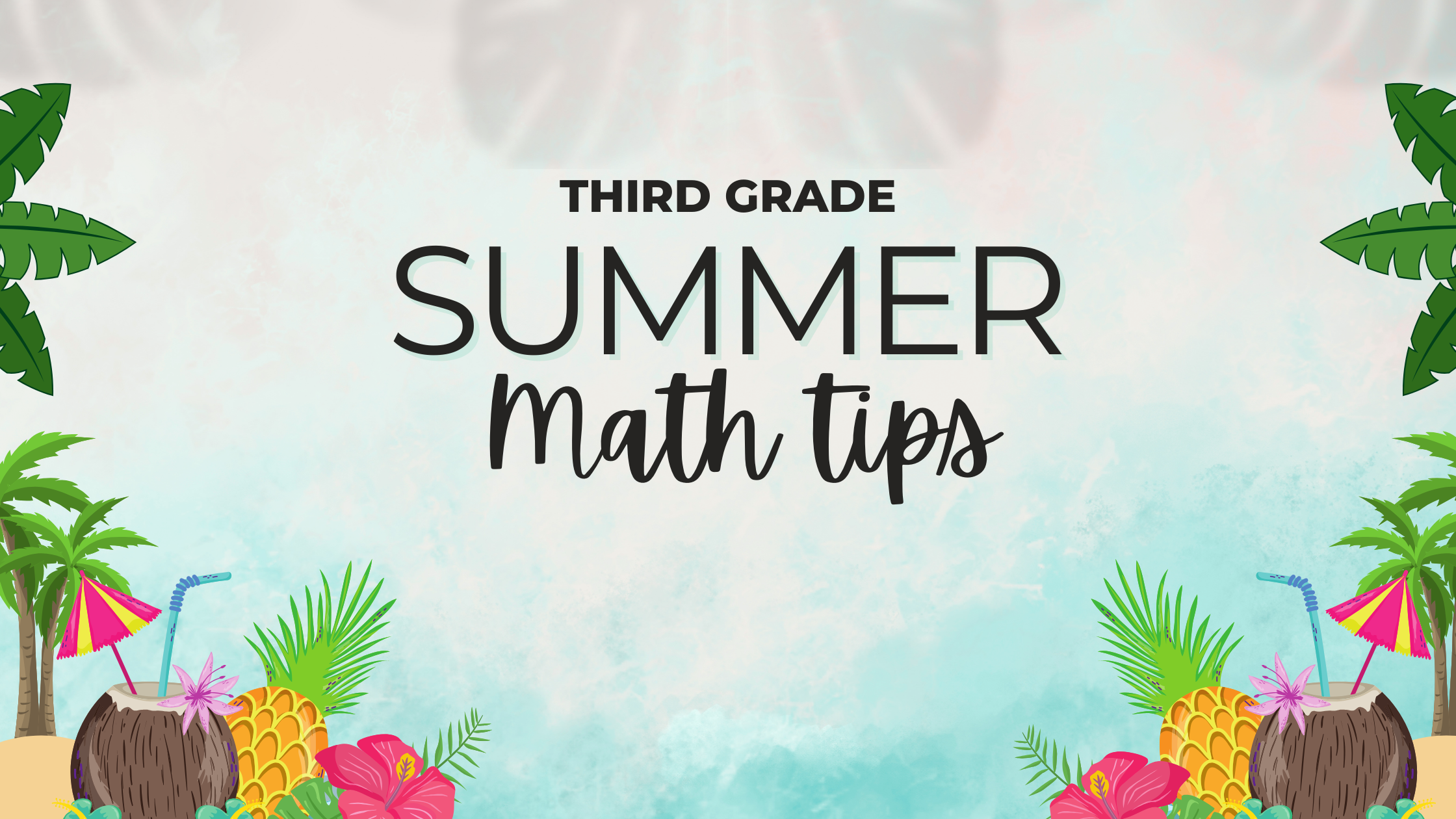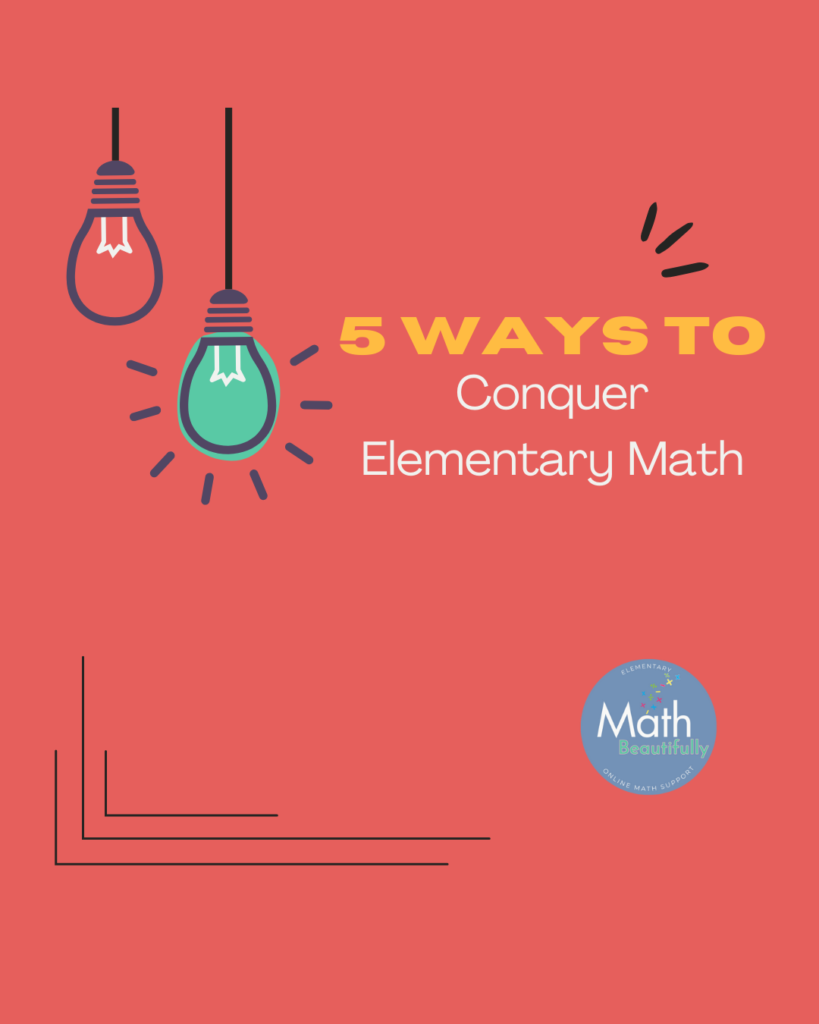Third grade is an exciting time for math learning! Your child will work on addition and subtraction, learn about fractions, and even tell time on analog clocks. Here are five key concepts they should be familiar with before starting 3rd grade math:
1. Solving Addition and Subtraction Word Problems
In 3rd grade, kids will solve both one-step and two-step word problems involving addition and subtraction with numbers up to 1,000. It’s important for them to understand the problem, figure out how to solve it, and find the solution. You can practice these skills by discussing real-life situations where they might use addition and subtraction, like shopping or cooking.
2. Fluency with Numbers Within 20
Fluency with addition and subtraction facts up to 20 is crucial. Your child should be able to quickly and accurately recall number pairs that add up to 20. This fluency will help them tackle more complex math problems and build on their understanding of how numbers work together.
3. Understanding Place Value
A strong grasp of place value helps kids understand how numbers are made up of groups of hundreds, tens, and ones. This knowledge is essential for performing addition and subtraction with larger numbers and understanding the size of numbers.
4. Adding and Subtracting Within 1000
Building on their understanding of place value, students will practice adding and subtracting numbers within 1000. They’ll use various strategies and models to solve problems efficiently. Encourage your child to explain their thought process to reinforce their understanding. Don’t worry if the way they solve a problem is different from how you would; the beauty of math lies in its flexibility!
5. Working with Equal Groups
Third graders will start working with equal groups of objects, which sets the stage for multiplication and division. Understanding how to group objects equally helps them visualize multiplication concepts and prepares them for division.
Don’t Forget!
- Engage in Real-World Math: Look for opportunities to practice math in daily life, like measuring ingredients or calculating time.
- Encourage Problem-Solving: Ask your child to explain their thinking when solving problems to deepen their understanding.
- Use Games and Activities: Make learning fun with math games and hands-on activities.
- Regular Review: Consistent practice helps reinforce skills and build confidence.
With these five essential skills, your child will be well-prepared for the challenges of 3rd grade math. Encourage their curiosity and keep practicing regularly, and they’ll have a successful and enjoyable school year!

